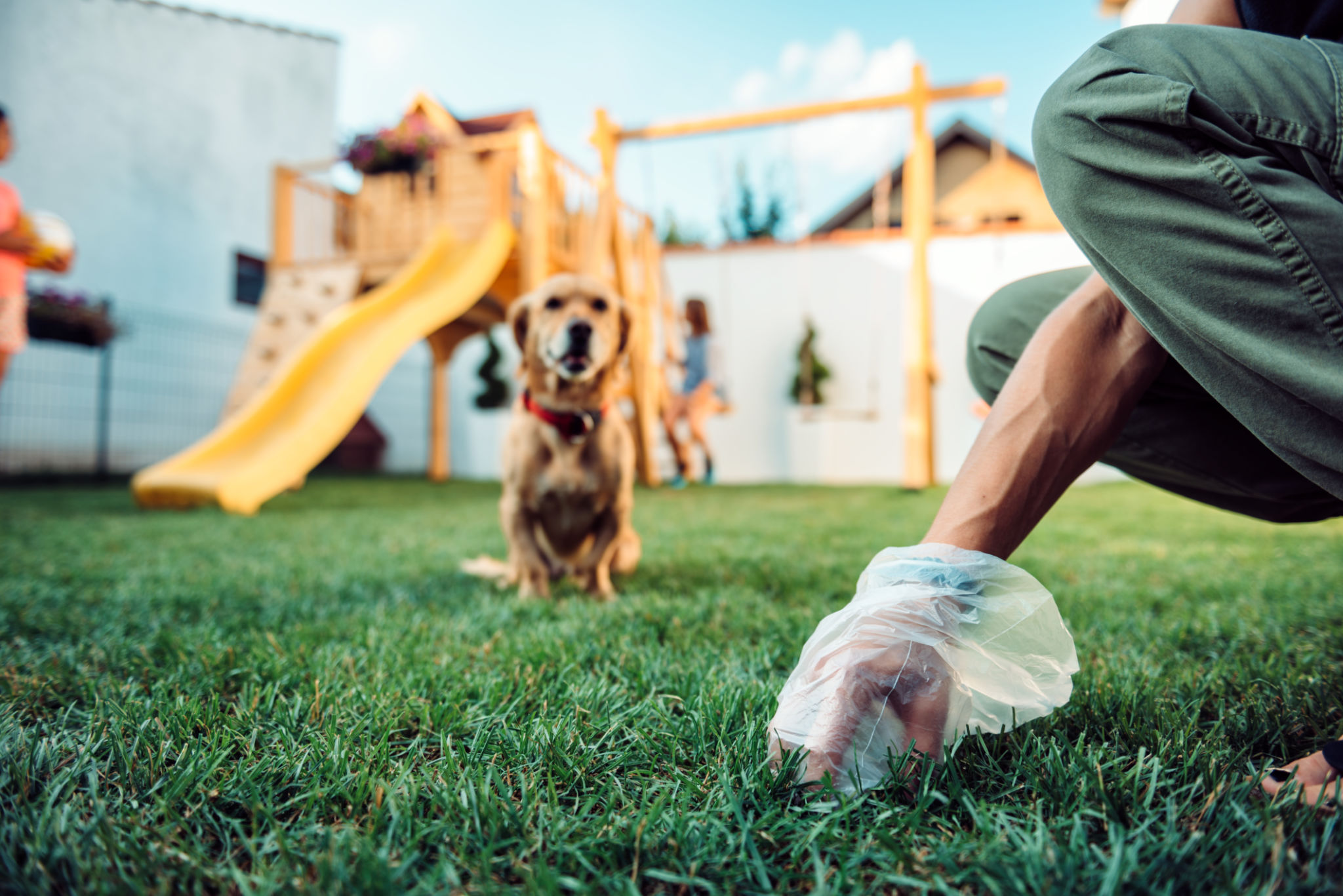The Ultimate Guide to Managing Pet Waste in Your Yard
Understanding the Importance of Managing Pet Waste
Managing pet waste in your yard is not only essential for maintaining a clean and pleasant outdoor space, but it's also crucial for environmental and health reasons. Pet waste can harbor harmful bacteria and parasites that pose risks to both human and animal health. Moreover, improper disposal can lead to water contamination and contribute to environmental pollution.
By adopting effective waste management practices, you can ensure a safe and sanitary environment for your family and pets. Implementing a systematic approach to pet waste management will make the task less daunting and more efficient.

Tools and Equipment You Need
Having the right tools on hand can make managing pet waste more manageable. Here's a list of essential equipment:
- Pooper scooper: A pooper scooper is a must-have tool for picking up waste easily and efficiently.
- Disposable bags: Biodegradable bags are a great eco-friendly option for disposing of waste.
- Gloves: Wearing gloves can provide extra protection when handling waste.
- Waste bin: A designated waste bin in your yard ensures proper disposal and keeps odors at bay.
Investing in these tools will streamline the waste management process and help maintain a tidy yard.
Establishing a Routine
A regular routine is key to keeping your yard clean and free from pet waste. Establishing a consistent schedule for waste pickup can prevent buildup and make the task less overwhelming. Aim to clean up after your pet at least once daily, especially if you have multiple pets.

Consider designating a specific time each day for this task, such as after your pet's morning walk or in the evening. Setting a routine not only simplifies the process but also ensures that waste is dealt with promptly, minimizing potential health hazards.
Disposal Options
Proper disposal of pet waste is crucial for environmental preservation. Here are some options to consider:
- Trash disposal: Seal the waste in a biodegradable bag and dispose of it in your designated trash bin.
- Burying: If you have ample yard space, consider burying the waste in a designated area away from water sources.
- Composting: Specialized pet waste composters can break down waste safely, turning it into usable compost material.
Choose the option that best fits your lifestyle and local regulations, ensuring that your method is environmentally responsible.

Preventative Measures
Taking preventative measures can reduce the amount of pet waste in your yard. Encourage your pets to use designated toilet areas by training them with positive reinforcement techniques. Consider installing barriers or designated spaces in your yard to limit where your pets relieve themselves.
Regularly mowing your lawn and maintaining landscaping can also make the cleanup process easier by ensuring that waste is more visible and accessible. These proactive steps can significantly reduce the time and effort required for waste management.
Community Considerations
Being a responsible pet owner extends beyond your backyard. When walking your dog in public spaces, always clean up after them to maintain a clean and inviting environment for everyone. Carry disposable bags with you on walks to ensure you're prepared.
Additionally, consider joining or forming community groups focused on promoting responsible pet ownership and environmental stewardship. Collaborating with others can lead to innovative solutions and shared resources for managing pet waste effectively.

Conclusion
Managing pet waste in your yard doesn't have to be a daunting task. By equipping yourself with the right tools, establishing a routine, exploring disposal options, taking preventative measures, and considering community impact, you can maintain a cleaner, healthier environment for your family and pets.
Remember, responsible pet ownership extends beyond just caring for your pet; it includes taking steps to protect our environment and communities. With these strategies in place, you'll be well on your way to effectively managing pet waste in your yard.
